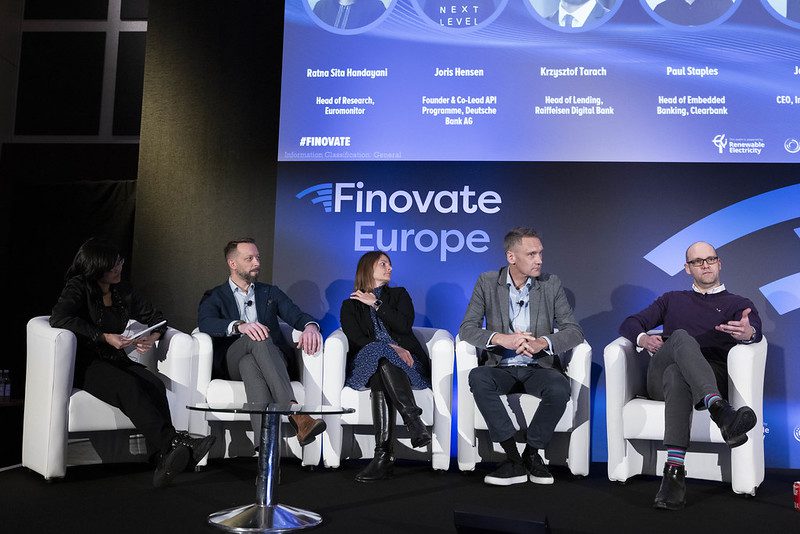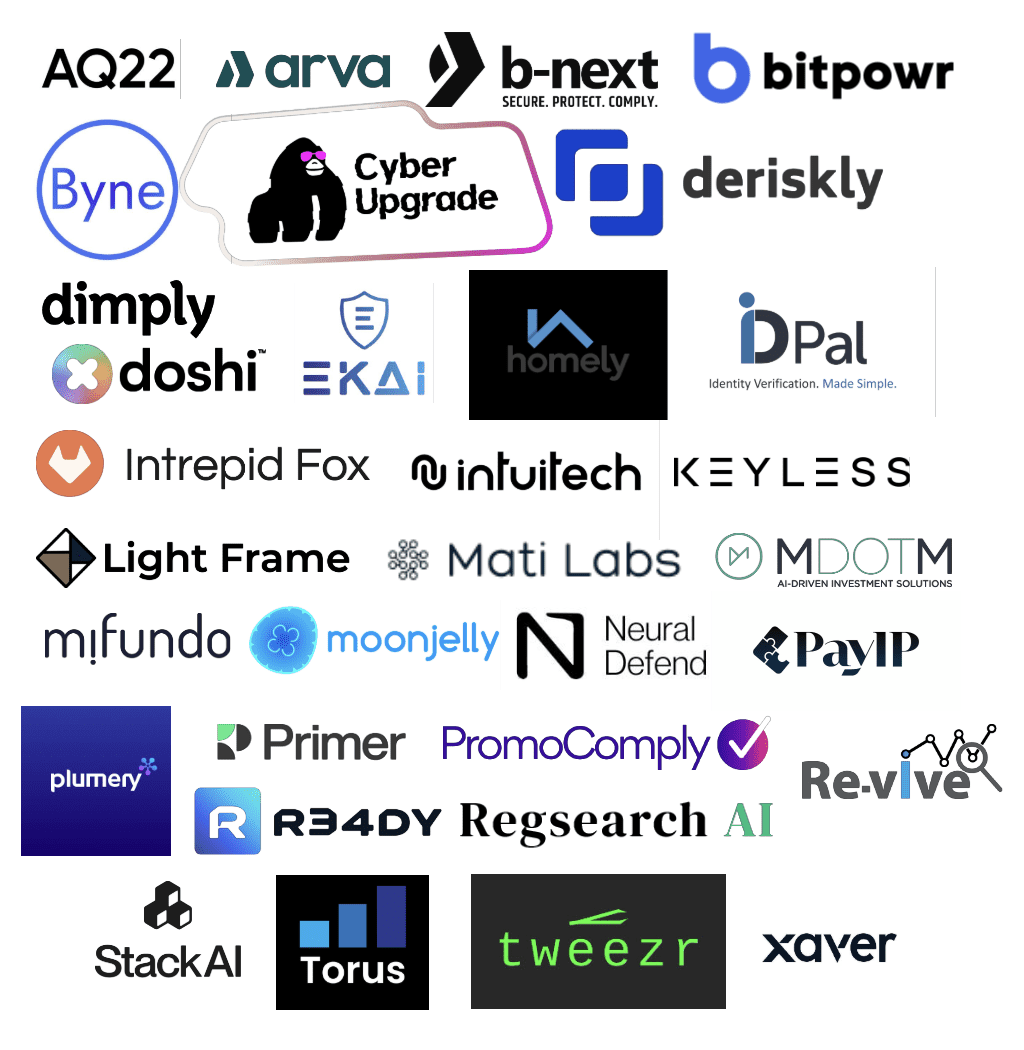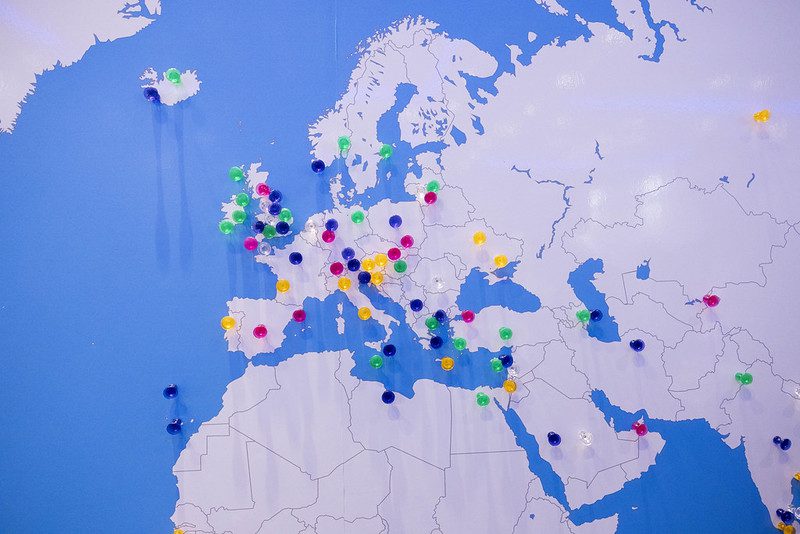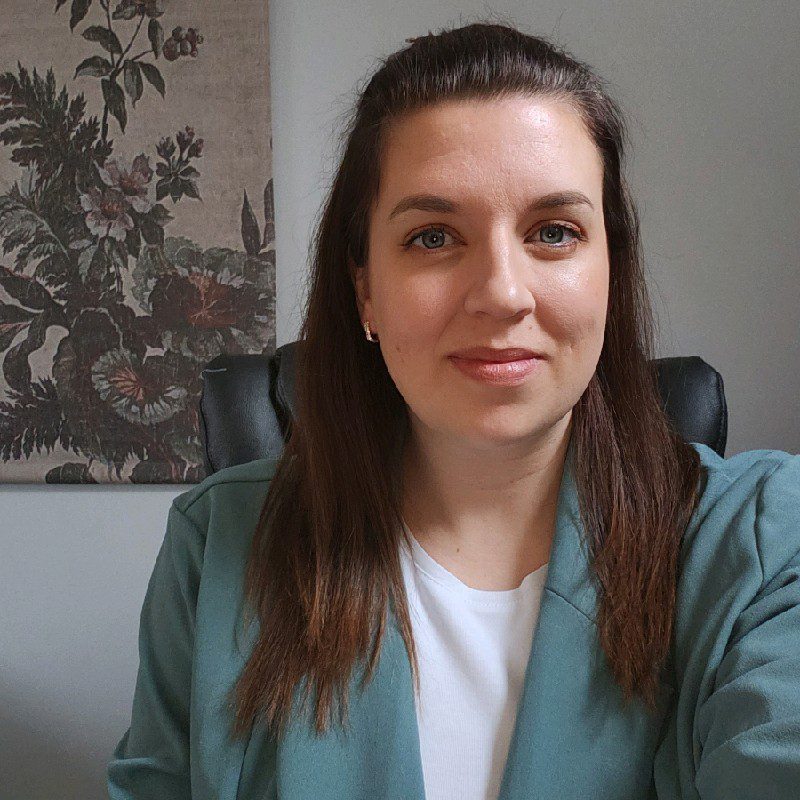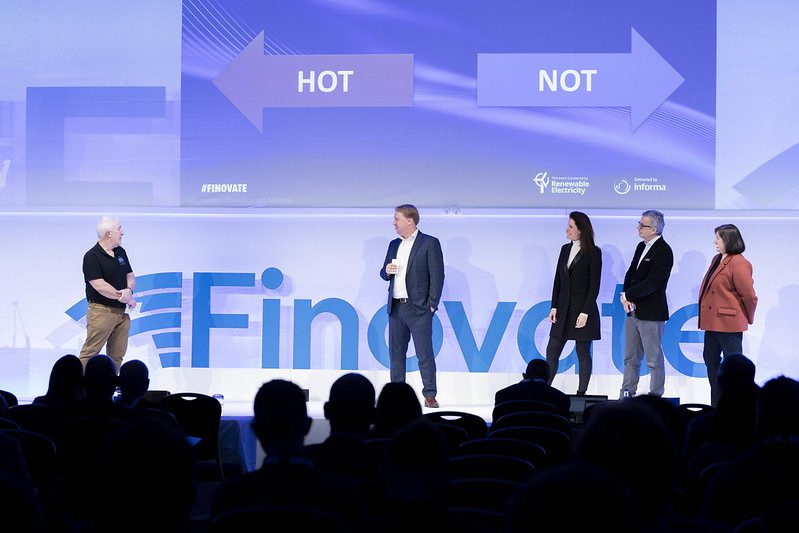
This week’s edition of Streamly Snapshot features a pair of conversations from FinovateEurope discussing two of the hottest topics in fintech in 2025: AI and compliance.
First up, my interview with Christian Blaser (LinkedIn), Chief Technology Officer with b-next. Blaser discusses compliance for financial institutions, including specific issues in trade surveillance, insider compliance, personal account dealings, and market abuse. Blaser also provides his perspective on the role of AI and machine learning in enhancing compliance for financial institutions.
“What we initially did when we built our platform and our solutions was focus on modularity. We can easily come up with new solutions and our customers can always pick and choose from whatever offerings we provide to them. It definitely helps the client’s ability to react to any regulatory changes very, very fast.”
Founded in 1989, b-next is a compliance solutions provider and specialist in capital markets trading surveillance. With offices in Germany, the UK, and the US, b-next serves banks, brokers, supervisory entities, and energy suppliers with the solutions they need in order to meet regulatory requirements and manage operational risks.
Second, Ben Goldin (LinkedIn), Founder and CEO of Plumery talks about the rise and evolution of lifestyle banking, as well as other key trends in digital banking such as the role of AI and the demand for hyper-personalization. Goldin also discusses the impact of generative AI on all aspects of banking and what he believes is the “secret” to successful modernization in financial services.
“Plumery is a digital banking company. We’ve built a technology that we call Digital Success Fabric. The mission of Digital Success Fabric is to modernize the banking experience and essentially democratize access to delightful experiences for financial institutions globally.”
Headquartered in Amsterdam and founded in 2016, Plumery offers a digital banking experience platform that empowers financial institutions to launch their own mobile and online applications. The company’s developer-friendly platform supports constant enhancement of the customer experience, helping financial institutions meet the demands of an increasingly digital-first, tech-savvy customer base.
